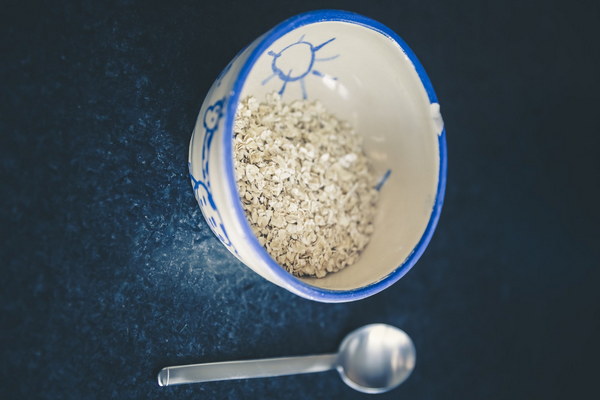Navigating the Digestive Dilemma Understanding Diarrhea from Traditional Chinese Medicine tonics
The Digestive Dilemma: Understanding Diarrhea from Traditional Chinese Medicine Tonics
In the realm of holistic health, Traditional Chinese Medicine (TCM) has been a beacon of natural remedies for thousands of years. With its focus on balancing the body's energy, or Qi, TCM offers a wide array of herbal formulas designed to restore harmony. However, as with any therapeutic intervention, there can be unexpected side effects. One such issue is diarrhea, a common and sometimes alarming result of consuming certain TCM tonics. This article delves into the reasons behind this digestive dilemma and provides guidance on what to do when it occurs.
Understanding the Underlying Causes
TCM tonics are prescribed based on a comprehensive evaluation of an individual's specific constitution and the imbalances within their body. These tonics, which are typically made from a blend of herbs, are intended to address specific health concerns. However, certain ingredients can affect the digestive system in unforeseen ways.
One primary cause of diarrhea from TCM tonics is the inclusion of strong or cooling herbs. These herbs, while beneficial for cooling down an overheated body or reducing inflammation, can be overly harsh on the gastrointestinal tract. For individuals with sensitive stomachs or those who are prone to digestive issues, this can lead to diarrhea.
Another factor is the potent nature of some herbs used in TCM tonics. These herbs are often concentrated and potent, which means they can have a strong impact on the body. When these herbs are consumed, they can stimulate the digestive tract, leading to an increase in bowel movements and potentially diarrhea.

The Symptoms and What to Look Out For
When experiencing diarrhea after consuming a TCM tonic, it is essential to pay attention to the symptoms. Symptoms may include:
- Increased frequency of bowel movements
- Loose or watery stools
- Abdominal cramps or discomfort
- Nausea or vomiting
- Fatigue
While occasional diarrhea may not be cause for concern, it is important to monitor these symptoms. Persistent or severe diarrhea can lead to dehydration, electrolyte imbalances, and other complications. If symptoms persist, it is advisable to consult with a healthcare professional, preferably one experienced in TCM.
What to Do When Diarrhea Occurs
If you experience diarrhea after taking a TCM tonic, here are some steps to consider:
1. Seek Professional Advice: Consult with your TCM practitioner to discuss the issue. They can evaluate the situation and suggest alternative tonics or adjustments to the current formula.
2. Hydration: Diarrhea can lead to dehydration. Ensure you are drinking plenty of water or electrolyte-replenishing fluids.
3. Adjust Diet: Temporarily modify your diet to include bland, easily digestible foods such as bananas, rice, applesauce, and toast. These are known as the BRAT diet and can help to firm up stools.
4. Over-the-Counter Remedies: Depending on the severity of the diarrhea, over-the-counter anti-diarrheal medications may be recommended by a healthcare professional.
5. Monitor Your Response: Keep track of how your body responds to the changes you make. This information can be invaluable in determining the best course of action.
Conclusion
While TCM tonics can be a powerful tool for restoring balance and promoting health, it is essential to understand that they can also have side effects, including diarrhea. By being aware of the potential risks, taking proactive steps to manage them, and seeking professional guidance when necessary, individuals can safely incorporate TCM into their wellness journey. Remember, the goal of TCM is to bring the body into harmony, and sometimes, that journey may come with unexpected twists and turns along the way.









